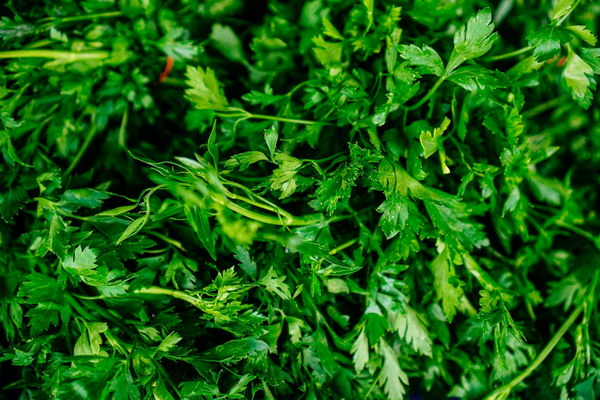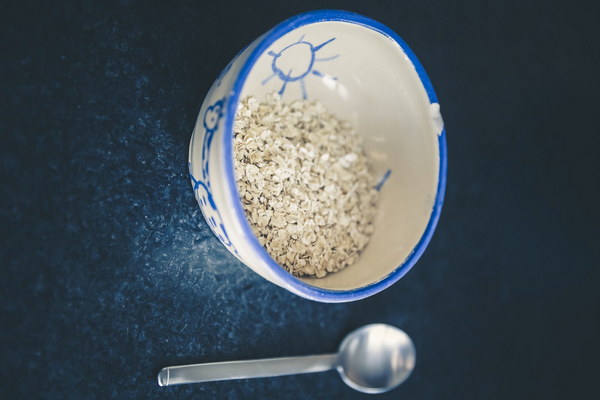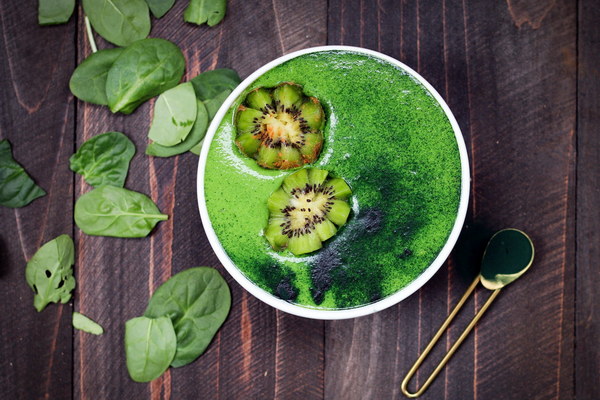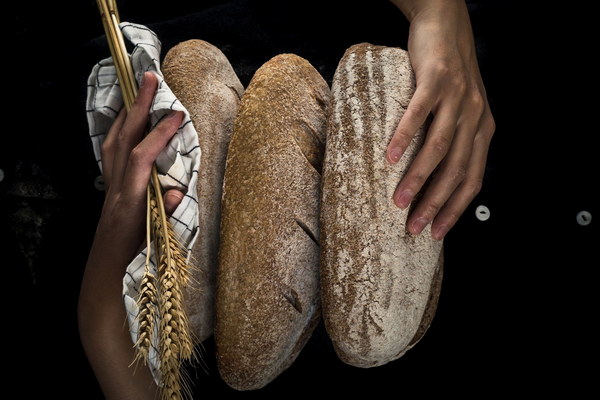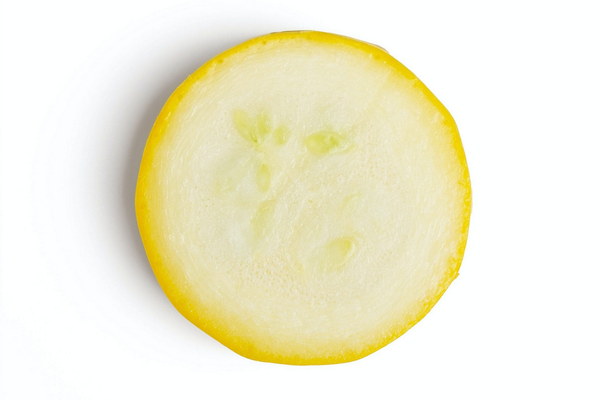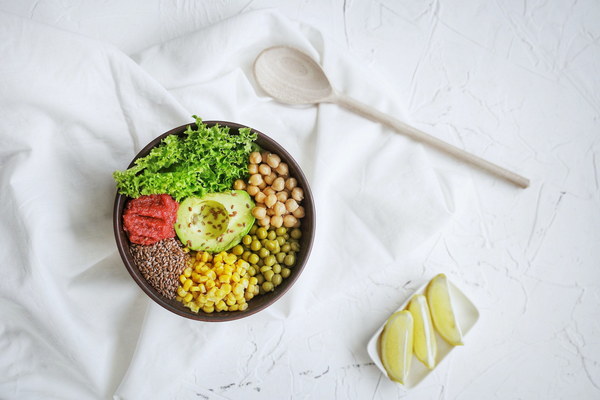Nourish Your Menopause Journey A Culinary Guide to Menopausal Diet
Menopause, a natural phase in a woman's life, often brings about a myriad of symptoms such as hot flashes, mood swings, and sleep disturbances. While there is no one-size-fits-all solution to alleviate these symptoms, a balanced and nourishing diet can play a significant role in easing the transition. This article explores the benefits of incorporating certain foods into your daily routine, providing a culinary guide to menopausal diet.
1. Calcium-Rich Foods
Calcium is crucial for maintaining bone health, especially during menopause when women are at a higher risk of osteoporosis. Incorporating calcium-rich foods into your diet can help prevent bone loss. Some excellent sources of calcium include:
- Dairy products: Milk, cheese, and yogurt
- Green leafy vegetables: Broccoli, kale, and spinach
- Fortified foods: Orange juice, cereals, and soy milk
- Tofu and legumes: Tofu, black beans, and lentils
2. Vitamin D
Vitamin D, often referred to as the sunshine vitamin, is essential for calcium absorption and bone health. To ensure you're getting enough vitamin D, consider the following:
- Sunlight: Spend time outdoors to expose your skin to sunlight, which can help your body produce vitamin D.
- Foods: Fatty fish (such as salmon, mackerel, and tuna), fish liver oils, and egg yolks are good sources of vitamin D.
3. Omega-3 Fatty Acids
Omega-3 fatty acids have anti-inflammatory properties and may help reduce symptoms like hot flashes and mood swings. Foods rich in omega-3 fatty acids include:
- Fish: Salmon, sardines, and mackerel
- Flaxseeds, chia seeds, and walnuts
- Plant-based omega-3 supplements, such as algae oil
4. Fruits and Vegetables
A diet high in fruits and vegetables can help reduce menopausal symptoms by providing essential nutrients and antioxidants. Some fruits and vegetables to include in your diet are:
- Berries: Blueberries, strawberries, and raspberries
- Cruciferous vegetables: Broccoli, cauliflower, and kale
- Leafy greens: Spinach, romaine lettuce, and Swiss chard
- Citrus fruits: Oranges, grapefruits, and lemons

5. Herbs and Spices
Herbs and spices can add flavor to your meals and may also offer health benefits. Consider incorporating the following into your diet:
- Turmeric: This spice has anti-inflammatory properties and may help alleviate menopausal symptoms.
- Flaxseeds: Flaxseeds contain lignans, which have been shown to help balance hormones.
- Sage: Sage has been used traditionally to alleviate hot flashes and may help improve mood.
6. Hydration
Staying hydrated is essential during menopause, as it can help manage symptoms like hot flashes and mood swings. Aim to drink at least 8 cups (64 ounces) of water per day. Other hydrating beverages include herbal teas, coconut water, and infused water with slices of lemon, cucumber, or mint.
By incorporating these foods into your daily diet, you can support your body through the menopausal transition and potentially alleviate some of the uncomfortable symptoms. Remember to consult with a healthcare professional before making any significant changes to your diet or starting a new supplement regimen. Happy cooking and best of luck on your menopausal journey!
